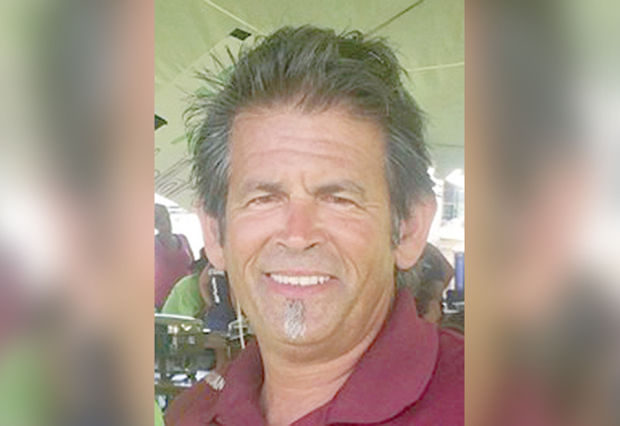LIHUE — Billy DeCosta says he is not what you may call “the typical politician.” While late Mayor Bryan Baptiste was still in office, DeCosta recalled a time when he and Waimea High School students built 12 picnic tables in
LIHUE — Billy DeCosta says he is not what you may call “the typical politician.”
While late Mayor Bryan Baptiste was still in office, DeCosta recalled a time when he and Waimea High School students built 12 picnic tables in three months after county officials provided the materials.
”He (Baptiste) told me that his carpenter shop at the county level would take six months to build those 12 tables,” the 49-year-old Omao resident said. “I don’t just talk a bunch of good stuff. I make it happen.”
So when the time came for Kauai County Council hopefuls to declare their candidacy in this year’s election, DeCosta said parents of kids he has mentored at the Kokee Discovery Center told him to throw his hat in the ring.
”They always tell me, ‘Mr. DeCosta, you have a very level head, you love our kids and you love our island and we’d like to see some leadership. Would you step up to the plate and go do it?’” DeCosta said. “Finally, I told my wife, ‘If I don’t do it, which is someone who represents the core of the community here on Kauai, then we’re going to lose our type of lifestyle — the lifestyle that I believe in, that our keiki want to live in later on in the future.”
DeCosta, who ran unsuccessfully for a spot on the Kauai County Council in 2006, serves as the director of the Kokee Discovery Center and the only environmental resource teacher on Kauai.
”I see a bigger future for Kauai and I’ve seen politicians just get away with a lot of false promises and a lot of lack of vision — go through the motions and nothing gets done,” the father of three boys said. “My leadership skills is where I embrace everyone to feel like they’re a part of an ohana (family), and together, we’re going to make it happen.”
If elected, DeCosta said he would like to find more ways to incorporate and infuse local cultural practices into the tourism industry.
”Our tourists not only come here for the island’s beauty, but they come here for a sense of culture,” DeCosta said. “A lot of tourists want to learn the local ways — they want to learn how to sew a lei, paddle a canoe, and how to throw a fishing net and catch fish to put on the table. It’s exciting for the tourists to learn the Hawaiian culture.”
DeCosta said he wants to expand on efforts to construct a county-run adolescent drug treatment facility on Kauai, explore more solid waste solutions, and expand agricultural initiatives that would include more diversified products.
He said he also wants to seek opportunities for more trade programs in public schools that would provide workforce bound students with essential job skills.
”We’re living in a very crucial time,” DeCosta said. “Right now, in Hawaii, I believe that, with the right leadership, we can become world leaders of how to be sustainable by providing energy and food for the local people.”


